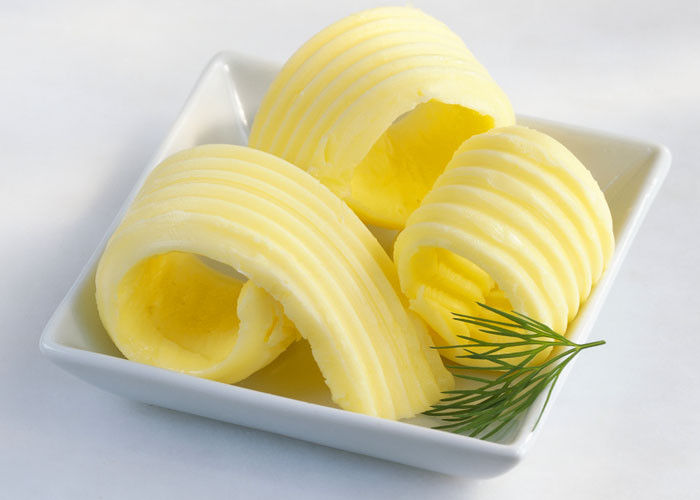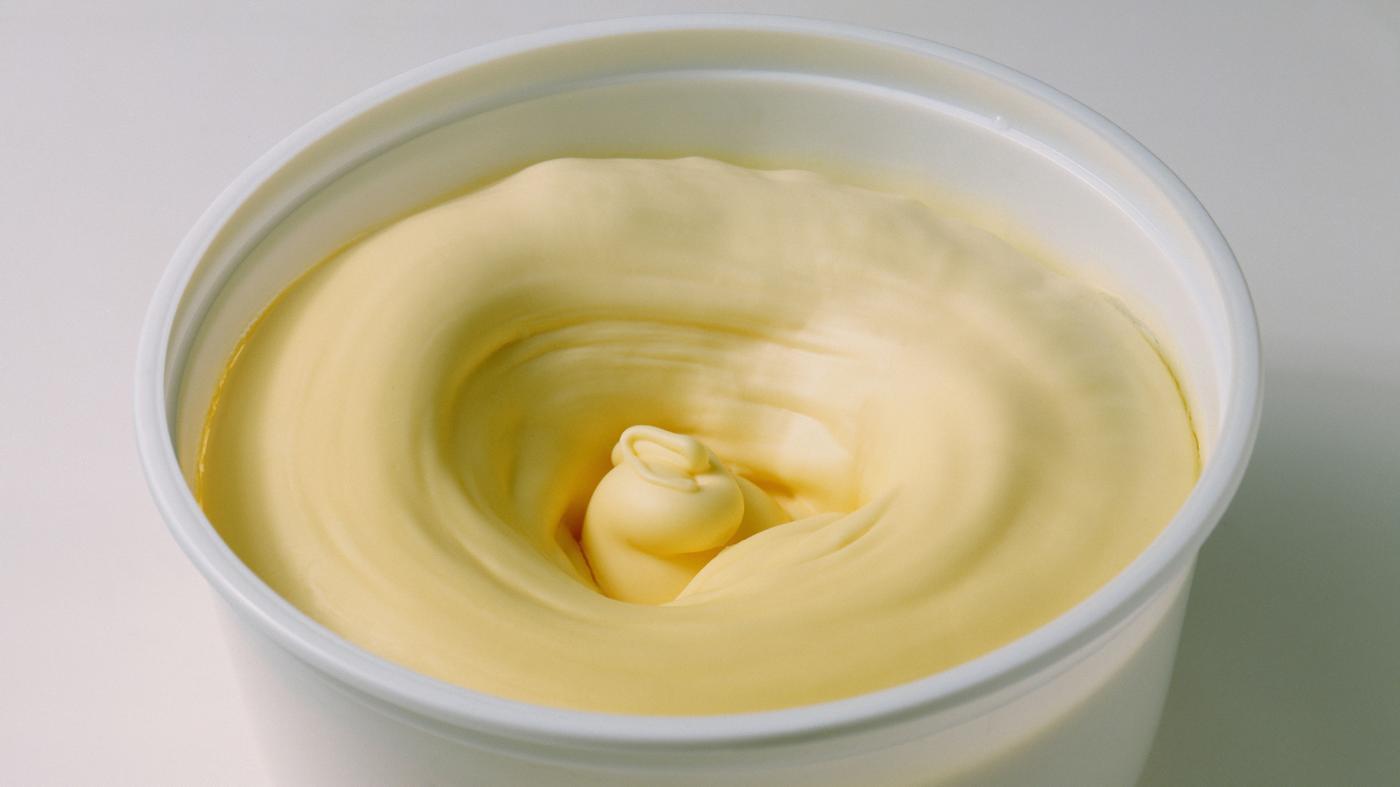For many years, there has been an endless debate between the health benefits and drawbacks of butter and margarine. Before, butter was believed to be the lesser of the two as the dangers of saturated fat began to surface. Back then, vegetable oil-based margarines surged in popularity and the debate was temporarily put at rest. However, more recent studies claim that the saturated fats like those found in butter are, after all, not bad for human health. And that it is actually some margarines that have the unhealthy trans fats. People are also claiming that butter is the “all-natural” choice. So, which is it really? Which is better for your health, butter or margarine?
First, let’s look at the features of each.

Butter
Many nutrition professionals have disregarded butter as a danger to one’s health because it contains large amounts of both saturated fat and cholesterol. However, recent studies have shown that this fact doesn’t actually matter. In 2010, a large review study of 21 studies with a total of 347,747 participants found that there is, in fact, no association between saturated fat and cardiovascular disease. Some professionals claim that the effect of butter to one’s health is neutral, which means butter is neither beneficial nor harmful. Margarine, on the other hand, is more complicated than that.

Margarine
While butter is made by churning the fatty portion of cow’s milk, margarine is made through a series of processes out of vegetable oil, involving a hydrogenation process wherein the oil is exposed to high heat, pressure, hydrogen gas, and a metal catalyst. This hydrogenation process is necessary because vegetable oil is mostly unsaturated and is therefore liquid at room temperature. The hydrogenation process makes the unsaturated fats seem like saturated fats. The process also prolongs the shelf life of margarine.
The hydrogenated fats that result, also known as trans fats, can be very harmful to one’s health and it is associated with heart disease. Fortunately, nowadays, there are some varieties of margarine available that are trans-fat free. Read the labels, if the product says “hydrogenated” on the ingredients list, stay away from it. Manufacturers can also label their product trans-fat free as long as there is less than 0.5 grams of trans-fat per serving so be wary and read the label.
However, not all margarines are created equal.
The more solid the margarine, the more trans-fat it contains. Thus, if you’re choosing margarine, go for tub margarines instead of stick margarines. Otherwise, the trans-fat will increase your blood cholesterol levels and your risk of acquiring cardiovascular disease.
Butter vs. Margarine
Now that you know the general features of both, you should be able to compare the pros and cons of each. Since butter is made from cow’s milk, its health effects are partly based upon what the cow ate. Cows usually eat grass but many countries feed their cows with grain-based feeds. Butter from grass-fed cows is more nutritious since it contains more Vitamin K2, CLA, Butyrate, and Omega-3.
On the other hand, margarine can lower the “bad” cholesterol in the short term. But unfortunately, in the long run, it lowers the “good” cholesterol as well.
In comparing the two, you’ll notice that butter has fewer drawbacks than margarine. In fact, all the previous negative claims about butter were proven not to be true. But margarine is not showing any promising effects.
In conclusion, many professionals suggest that butter is still better for you. Real, grass-fed butter is even more promising as it offers more of the vitamins and nutrients. However, if you prefer margarine, make sure you choose the softer ones instead of the more solid, stick margarine.








